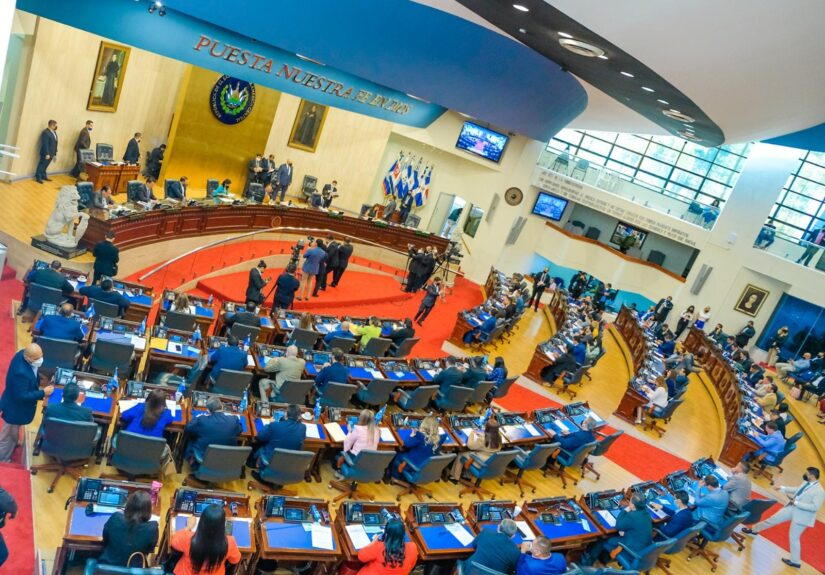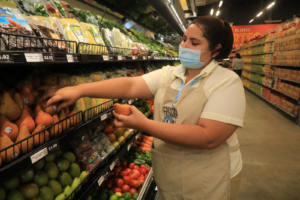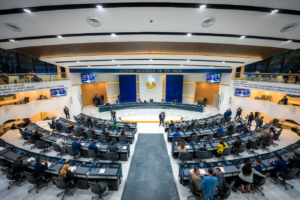
With the objective of regulating financial cooperatives, the Legislative Assembly approved, with 54 votes, the Law on Cooperative Banks, a regulation that will regulate the associations or cooperative societies of savings and credit, which collect money from their members and the general public under the authorization of the Superintendencia del Sistema Financiero (SSF).
The law will allow the regulation of 337 financial institutions to guarantee their users a transparent, reliable and agile service that contributes to the economic development of the country. In addition, it will ensure compliance with international standards to have more solid, competitive and functional salvadoran institutions.

Deputy William Soriano assured that this regulatory framework will protect users of cooperative banks and savers.
El Salvador is experiencing economic growth, which is why it is necessary to ensure that small and micro-enterprises have competitive financing, and this is what cooperative banks will do based on this law.
According to the provisions of the law, the Superintendencia del Sistema Financiero will supervise compliance with the provisions established in the regulations, and the Banco Central de Reserva (BCR) will be in charge of creating the technical standards through its Standards Committee.

Before being submitted to a vote in the plenary session, the initiative was studied by the deputies that make up the Technology, Tourism and Investment Commission. According to what was presented by the president of the BCR, Douglas Rodríguez, to the parliamentarians, cooperatives will be regulated when the sum of their deposits and contributions exceeds US$25 million. Currently, cooperatives are regulated when their funds exceed US$68.5 million.
Cooperatives below the threshold of US$25 million in deposits plus contributions will have the obligation to comply with the minimum regulation defined in the law.







